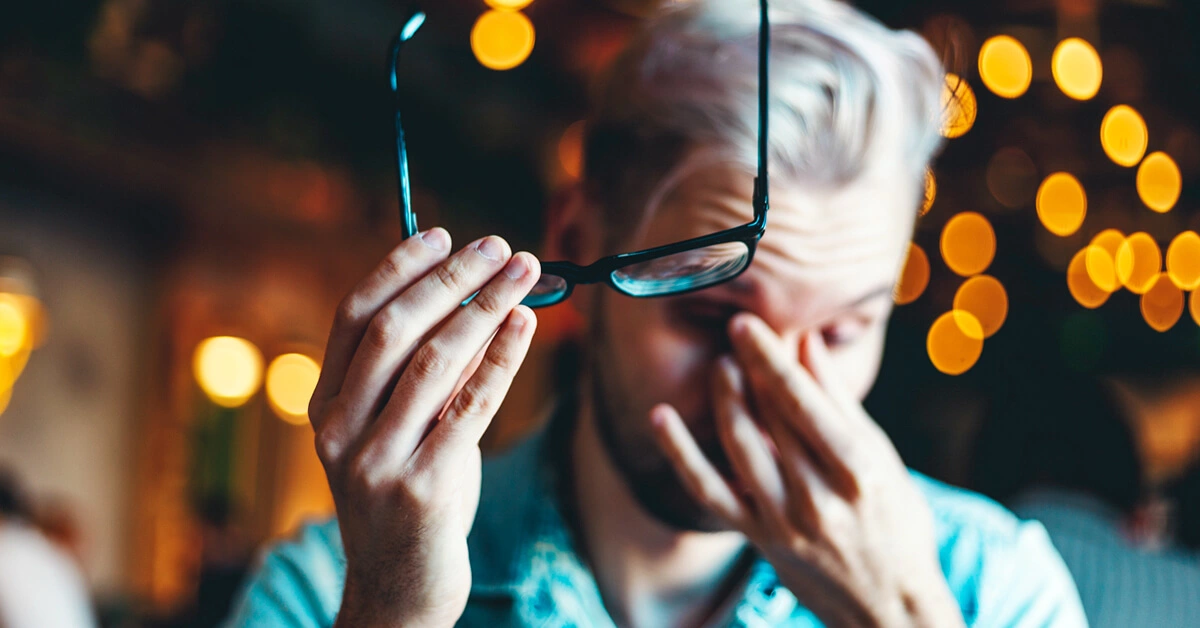When someone says, “I need glasses,” it’s usually because their eyesight is less than perfect. But what does “less than perfect” mean? If you ask a person to read a distant sign or a small letter on an eye chart in a doctor’s office, they would likely say that is not possible. However, people can improve their eyesight with a little effort.

What is Vision?
Vision is more than just being able to see a sign across the room. It’s an awareness of what surrounds you through sight, sound and smell. Your vision is an important part of your everyday life. It doesn’t stop at the moment you wake up in the morning or when you go to bed at night. Your vision is with you throughout your entire day.
People have two major senses that are used through their eyes – sight and touch. Sight tells us what objects are close or far away, how big they are and how they’re moving. While sight is important, touch tells us if objects are rough or smooth, hot or cold.
What Causes Blurry Vision?
Blurry vision is also known as blurred vision. Blurred vision occurs when an object that someone is looking at appears to be out of focus; it may look like you are looking through a dirty window. There are several reasons why you may experience blurred vision.
Blurred vision can be caused by any number of things, including the following:
- age – as people get older, their eyes change and they aren’t able to focus as well as before
- disease or medical condition – there are many ailments that can cause blurred vision
- trauma – blunt force to the eye or getting something in your eye can cause blurry vision
- glasses prescription is too weak – if the glasses prescription is too weak for someone, it will be harder for them to focus at distance objects
- alcohol – drinking alcoholic beverages may blur your vision temporarily but over time, it can cause permanent vision loss
- eye surgery – it’s extremely important for someone to properly care for their eyes after surgery in order to prevent infection or dryness that can lead to blurry vision
What Are the Symptoms of Nearsightedness?
If you’re nearsighted, also known as myopia, distant objects appear clear but close objects are blurred. As a result, people with myopia usually wear eyeglasses or contact lenses that are stronger than they actually need. The most common symptom of nearsightedness is the need to squint or strain to see objects that are close.
Close one eye and focus on an object in front of you. Then, slowly move your index finger toward your face. As you get closer to your eye, the object should become blurry and then clear again once you move your finger away from your face. If this is difficult or impossible for you to do, then there’s a good chance that you’re nearsighted.